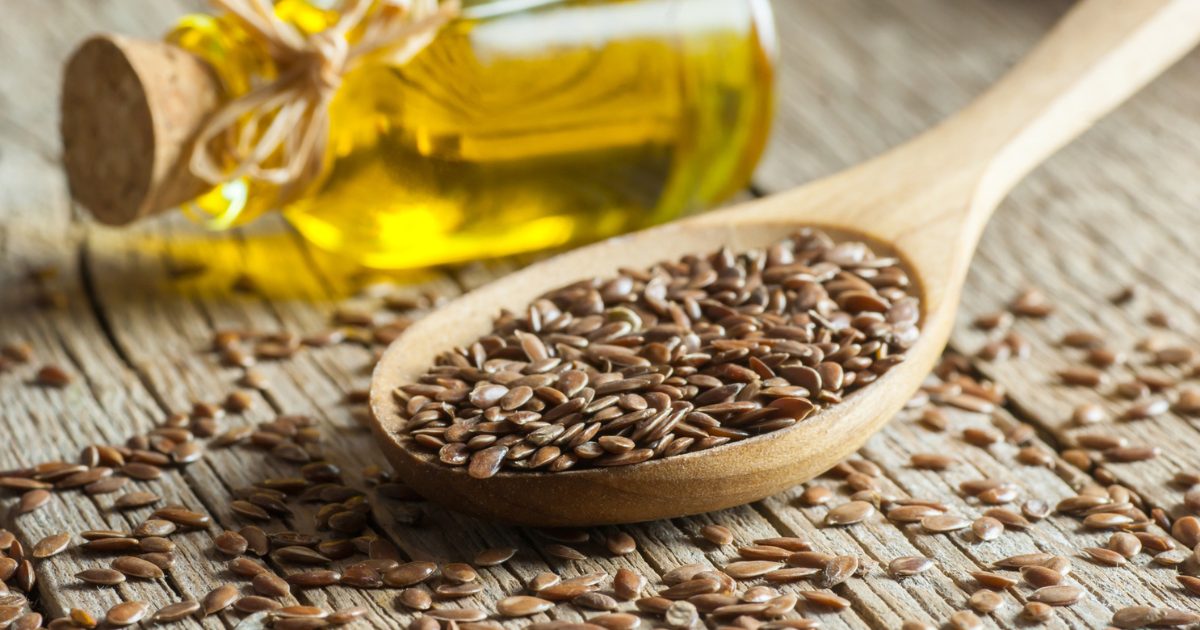Do seed oils cause cancer?

This article was provided by Julia Curtis, MMN, RDN.
What are seed oils?
Seed oils are vegetable oils that come from the seed of a plant. They’ve been a hot topic on social media lately, as some people are saying that seed oils cause cancer. This has led some people to cut seed oils out of their diet completely. But does science support these claims?
Seed oils are found in foods like salad dressings, baked goods, chips and crackers. They include:
- Corn
- Canola
- Cottonseed
- Soybean
- Sunflower
- Safflower
- Grapeseed
Aren’t all oils the same?
All cooking oils provide the same number of calories, but their properties differ. Different oils have different smoke points (the temperature at which a cooking oil begins to emit smoke). They also contain varying proportions of saturated and unsaturated fats. Seed oils are high in healthy, unsaturated fats and low in unhealthy, saturated fats.
Saturated fats are unhealthy fats that tend to be solid at room temperature. These include coconut and palm oils.
Unsaturated fats are healthy fats that tend to be liquid at room temperature. They include monounsaturated and polyunsaturated fats.
Monounsaturated fats include:
- Olive
- Canola
- Peanut
- Safflower
- Sesame oils
Polyunsaturated fats include:
- Soybean
- Corn
- Sunflower oils
Will eating seed oils increase my cancer risk?
Current research has found that consuming seed oils will NOT increase your cancer risk. In fact, the American Heart Association recommends including monounsaturated and polyunsaturated fats in your diet for good heart health. These healthy fats can help lower bad cholesterol and reduce your risk of heart disease or stroke.
Seed oils are a great source of omega-3 and omega-6 fatty acids, essential nutrients our body must get from food. When consuming seed oil, we must be mindful of portion sizes and follow an overall healthy eating pattern.
How can I decrease my cancer risk?
The bottom line is that you don’t need to avoid seed oils to reduce your cancer risk. Instead, focus on:
- Eating a diet rich in whole grains, fruits and vegetables.
- Maintaining a healthy weight.
- Staying physically active.
- Limiting your alcohol intake.
Call 402.559.5600 to schedule an appointment with our Cancer Risk and Prevention Clinic. The clinic offers personalized risk assessments, strategies to reduce risk and recommendations for proactive screening.







